

Video game violence is once again a headliner for the newspapers. After decades of struggling to move away from all negative news about video gaming effects, and especially on how the supposedly makes us more violent have come full circle with all the recent threats against people in the name of video games. Today we once again return to the world of science, and take a deeper dive into the ocean of how video game violence affects the player.
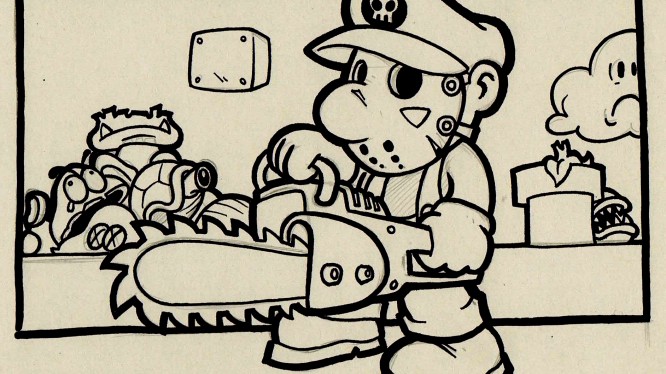
Bartholow and Anderson examine how playing a violent video game affect levels of aggression in a laboratory. The 43 self-selected students in the study where split among playing a violent videogame and a non-violent one with 22 men and 21 women split among the two groups. Their findings show that a violent game resulted in more aggression than a non-violent game, and the effect was larger among men than for women. While there is a significant effect here, it is questionable if that effect really exists outside the laboratory. First off, there are only 43 participants, and they are all self-selected to the study, meaning that this effect exists only within this small group, and cannot be generalized in any way, or for sure know whether these people had a higher aggression level before. Secondly, they only played for very short time in an environment where most of the players do not play, which could have an effect on the study. So while the study brings a small light on the topic, it is these kind of studies which can bring video game violence into negative headlines for newspaper, and not really tell us anything clear about the violence.

By expanding the earlier focus on how video games prime aggressive thoughts and concepts, Wolfgang Bösche uses positively valenced test stimuli to provide further emotional response to the virtual violence. To test if violent video games can prime positive concepts, he lets 29adult males play either non-violent or violent video games for a short time, and then trust them on standard lexical decision tasks. The data then sows that while violent games did prime negative aggressive concepts in line with earlier research, they also did raise positive concepts, and therefore challenging idea that violent video games only stimulate negative concepts. But like Bartholow and Anderson´s study, this has very few self-selected participants playing for a very short time. So while the result is interesting and brings some positive light to the debate on violent video games, it is not enough to build strong arguments on.

Given that most of the news concerning the debate about violence and video games has been on the negative aspects, Christopher J Ferguson examines studies focusing on both negative and positive aspects. In his research, he finds that the majority of the studies showing negative aspects of violent video gaming have been greatly exaggerated in the media. He then pursues this further, by showing how inconsistent some of them are, and how almost all of them have a low amount of participants whom all are self-selected. But the studies with positive effects are out there, and they are growing in numbers with studies much more reliable then the negative ones, still media has chosen to ignore these studies since they don’t bring enough readers. This is a great study in bringing the research together from both positive and negative research on the effects of violent video games. And most importantly it raises questions on the reliably of media, and how newspapers mainly is about bringing in readers, then giving us objective news about the real world.
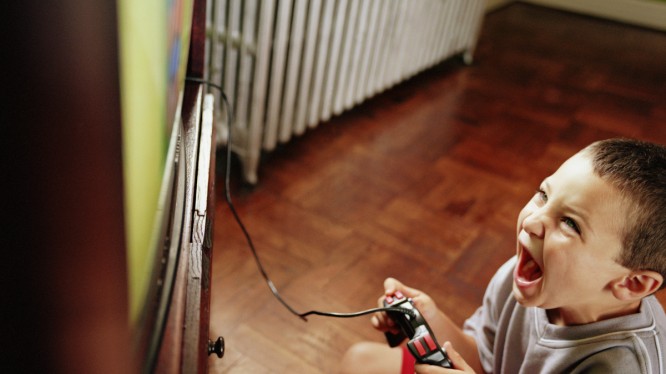
To further examine the possible effects of violence in video game, Ferguson with more, recently published a study conducted on 1,254 seventh and eighth grade students, which is one of the biggest study in the field. They start with asking the question if video games uniquely contribute to long-term youth aggression, or if it is better explained by a third variable. The result in the study indicated that bullying behavior in school were predicted by trait aggression and stress level, violent video game exposure did not have any effect. Another big study was conducted by Jansz &Tanis, in which they outline who and why people play online shooters. While the study gives some insight in how often players play and other pre statistical information, the most important finding is that more than 80% of the 5751 respondents, where members of a clan and therefore engaging in social interactions via the game. This might not be news for gamers, but it stands in stark contrast to the arguments about how video games and especially violent video games are played in social isolation, and are therefore creating a violent atmosphere for the player.
We are often told that the more we play video games, the more aggressive behavior will be shown. This is something which Mehroof & Griffiths look further into, where they examine the relationship between online gaming addiction and personality factors, with a study on 123 university students. They find that neuroticism, sensation seeking, trait anxiety, state anxiety and aggression, did display significant association with online gaming habits. Eun Joo Kim with more explores this relationship further. With a questionnaire sent to the 1471 respondents, they measure aggression, self-control, narcissistic personality traits, and video game addiction. What they found stands in contrast to the previous study; here the psychological characteristics may predispose some individuals to become addicted to online games. This of course can lead to a better understanding of online game addiction, but also shows a strong argument why playing online video games do not foster aggressive behavior, since it is more about people who already have aggressive personality traits whom seek out these games.
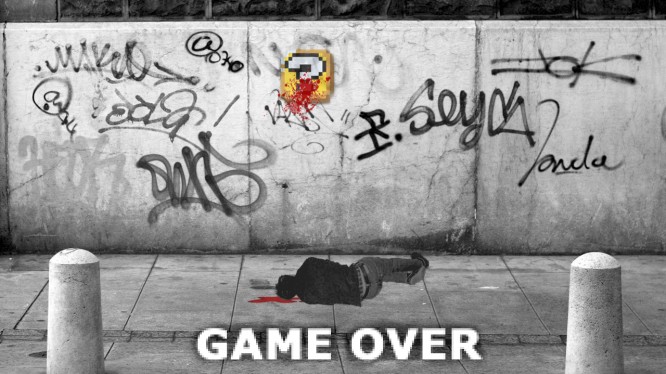
Video game violence can have a negative effect on the players, but the studies showing that result should be taking with a caution, given how they lack in many ways as significant results. We should instead take this whole debate about violence in video games, and ask what kind of people start playing violent video games, and how can the games help enhance their personality traits, or in the best case scenario, help them overcome their more aggressive traits. As I have shown, people with different psychological traits are much more prone to fall into video game addiction then others, so the focus should not be on if games create aggression, but how we can help people not to fall into addiction and aggression.
Research used in the article:
Bartholow, Bruce D & Anderson, Craig A (2001) Effects of Violent Games on Aggressive Behavior: Potential Sex Differences.
Bösche, Wolfgang (2010) Violent Video Games Prime Both Aggressive and Positive Cogntions.
Ferguson, Chrisopher J (2010) Blazing Angels or Resident Evil? Can Violent Video Games Be a Force for Good?
Ferguson, Christopher J., Olson, Cheryl K., Kutner, Lawrence A & Warner, Dorothy E (2014) Violent Video Games, Catharsis Seeking, Bullying, and Delinquency: A Multivariate Analysis of Effects.
Jansz, Jeroen & Tanis, Martin (2007) Appeal of Playing Online First Person Shooter Games.
Kim, Eun Joo., Namkoong, Kee., Ku, Taeyun & Kim, Se Joo (2008) The relationship between online game addiction and aggression, self-control and narcissistic personality traits.
Mehroof, Mehwash & Griffiths, Mark D (2010) Online Gaming Addiction: The Role of Sensation Seeking, Self-Control, Neuroticism, Aggression, State Anxiety, and Trait Anxiety.


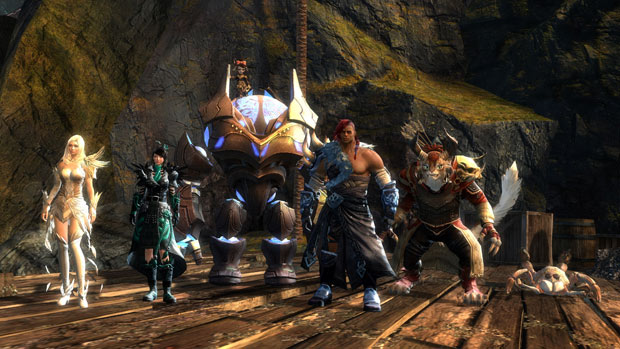
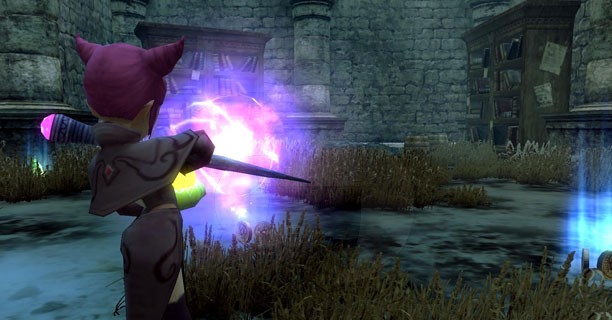
 WoW Wednesday: The Post before the Day After .
WoW Wednesday: The Post before the Day After .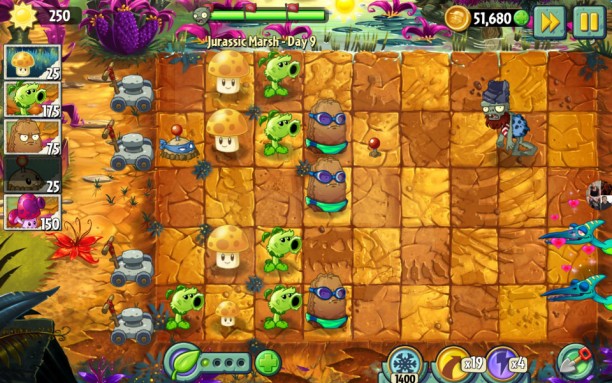 Plants vs. Zombies 2: Surviving Level 9 of Jurassic Marsh
Plants vs. Zombies 2: Surviving Level 9 of Jurassic Marsh Guild Wars 2: Ascalonian Catacombs Dungeon Guide .
Guild Wars 2: Ascalonian Catacombs Dungeon Guide . Beta Data: April 17, 2015 .
Beta Data: April 17, 2015 .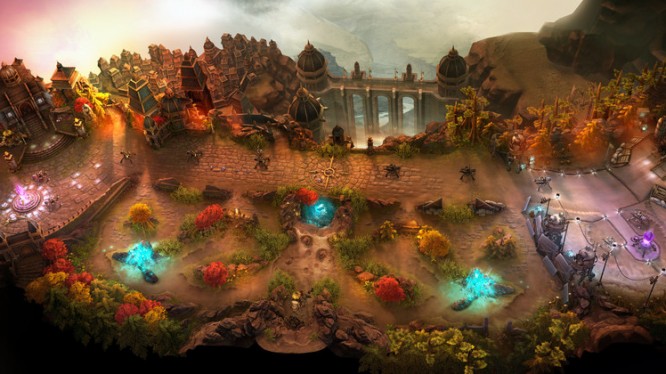 MOBA Monday: Vainglory .
MOBA Monday: Vainglory .